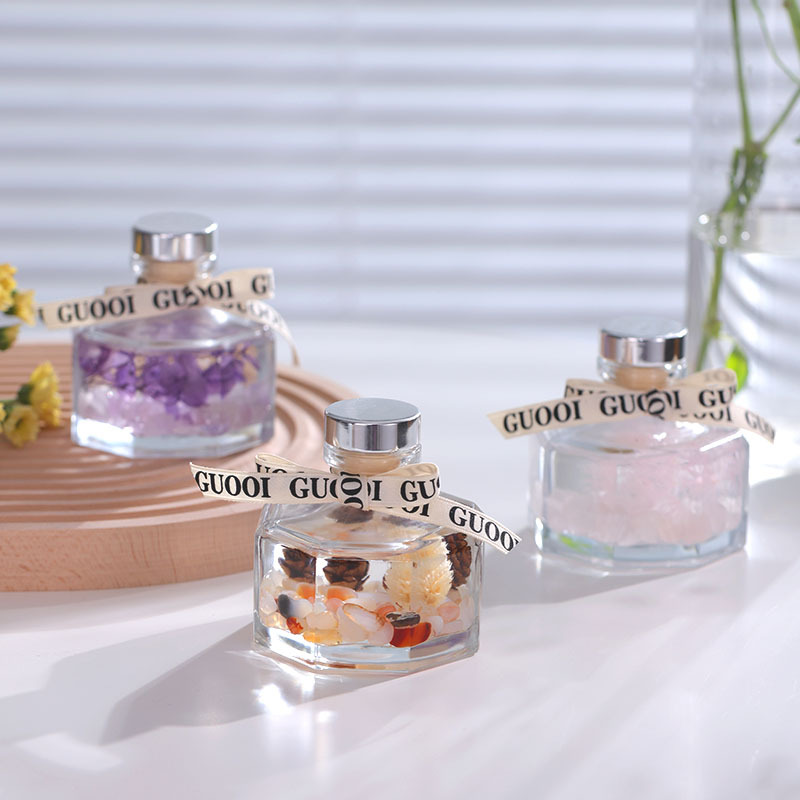Oriental Culture and Creativity Inspired Fragrance Journey | ScentSerenade
Unlock Nature’s Pharmacy: Your Guide to Essential Oil Powerhouses
(what essential oils are good for)
Essential oils seem everywhere now. Bottles promise calm, energy, clean air, even better sleep. But what’s real? What essential oils are genuinely good for? This guide cuts through the hype. We explore the science and traditional uses behind these potent plant extracts. Learn how to harness their power safely and effectively.
1. What Essential Oils Actually Are
Essential oils aren’t oily like cooking oil. Think of them as the plant’s concentrated life force. They are complex liquids captured from flowers, leaves, bark, roots, or peels. Plants make these compounds for protection against pests and disease. They also use them to attract pollinators. Extracting this essence requires careful methods. Steam distillation is common. Citrus oils often come from cold-pressing the rind. The result is a highly concentrated liquid. A single drop packs a powerful punch. Lavender fields or peppermint leaves – the oil captures that intense scent and beneficial properties. These oils are volatile, meaning they evaporate quickly into the air. That’s why we smell them so strongly. Understanding this nature is key to using them well.
2. Why People Use Essential Oils
People turn to essential oils for many reasons. One big reason is managing stress. Modern life feels overwhelming. Oils like lavender and frankincense offer a natural way to find calm. Their scents interact directly with the brain’s emotion centers. They offer a break without harsh chemicals. Physical discomfort is another area. Peppermint oil applied topically (diluted!) creates a cooling sensation. Eucalyptus oil helps clear stuffy noses when inhaled. Many seek cleaner homes. Oils like lemon, tea tree, and pine have natural cleaning power. They cut grease and fight germs. They leave a fresh scent, not a chemical one. Improving sleep quality is a huge draw. Oils like chamomile and cedarwood promote relaxation before bed. They create a peaceful environment. Others use them for skin care. Tea tree fights blemishes. Frankincense may help reduce signs of aging. The appeal is clear: a natural approach to common daily challenges.
3. How to Use Essential Oils Safely and Effectively
Using essential oils correctly matters. They are potent. Never apply them directly to your skin without dilution. This causes irritation or burns. Always mix them with a carrier oil first. Good carrier oils are coconut, jojoba, or almond oil. A common dilution is 1-2% for adults. That’s about 1-2 drops per teaspoon of carrier oil. Inhalation is very safe. Add a few drops to a bowl of hot water. Cover your head with a towel and breathe deeply. Use a diffuser to fill a room with scent. Follow the diffuser’s instructions. Don’t overdo it. Start with just a few drops. Some oils are photosensitive. Citrus oils like lemon or bergamot make skin burn easily in sunlight. Avoid sun exposure after applying them topically. Keep oils away from eyes and sensitive areas. Store them in dark glass bottles, away from heat and sunlight. Always check for quality. Look for pure, therapeutic-grade oils from reputable companies. Less is often more with essential oils.
4. Essential Oil Applications in Daily Life
Essential oils fit easily into your routine. Start your morning with an energy boost. Add a drop of peppermint or wild orange oil to your shower floor. The steam releases the invigorating scent. Diffuse rosemary or lemon while working for better focus. Create a calming evening ritual. Diffuse lavender or cedarwood an hour before bed. Add a drop of lavender to your pillowcase. For natural cleaning, make a simple spray. Mix water, white vinegar, and 10 drops each lemon and tea tree oil in a spray bottle. Wipe down counters and surfaces. Freshen carpets by sprinkling baking soda mixed with a few drops of lavender. Vacuum after 15 minutes. For minor cuts or scrapes, clean the area. Apply a drop of diluted lavender oil to soothe and support healing. Ease muscle tension after exercise. Mix 5 drops peppermint oil with 2 tablespoons carrier oil. Massage gently onto sore areas. Add a drop of lemon oil to your dishwasher detergent for extra sparkle. The possibilities are vast and practical.
5. Essential Oils: Frequently Asked Questions
(what essential oils are good for)
Many questions come up about essential oils. Are they safe for everyone? Generally yes, but caution is needed. Pregnant or nursing women should consult their doctor first. The same goes for people with serious health conditions. Keep oils away from babies, young children, and pets. Some oils are toxic to pets. Can you ingest essential oils? This is controversial. Some companies promote it, but many experts strongly advise against it. It requires specific knowledge and extreme care. It’s generally safer and effective to use them topically or aromatically. How long do they last? Properly stored, most last 1-3 years. Citrus oils spoil faster. Check the smell; if it seems off, toss it. Do they replace medicine? No. Essential oils are wonderful for wellness support. They are not a substitute for professional medical treatment. See your doctor for health problems. Can I blend different oils? Absolutely! Blending creates unique scents and benefits. Start simple. Try lavender and lemon for a cheerful, clean blend. Frankincense and orange offer deep comfort. Test blends one drop at a time. Where do I buy good oils? Research brands. Look for companies that provide botanical names and purity testing. Avoid oils with synthetic fillers. Price can be an indicator of quality, but not always. Read reviews and ask trusted sources.



